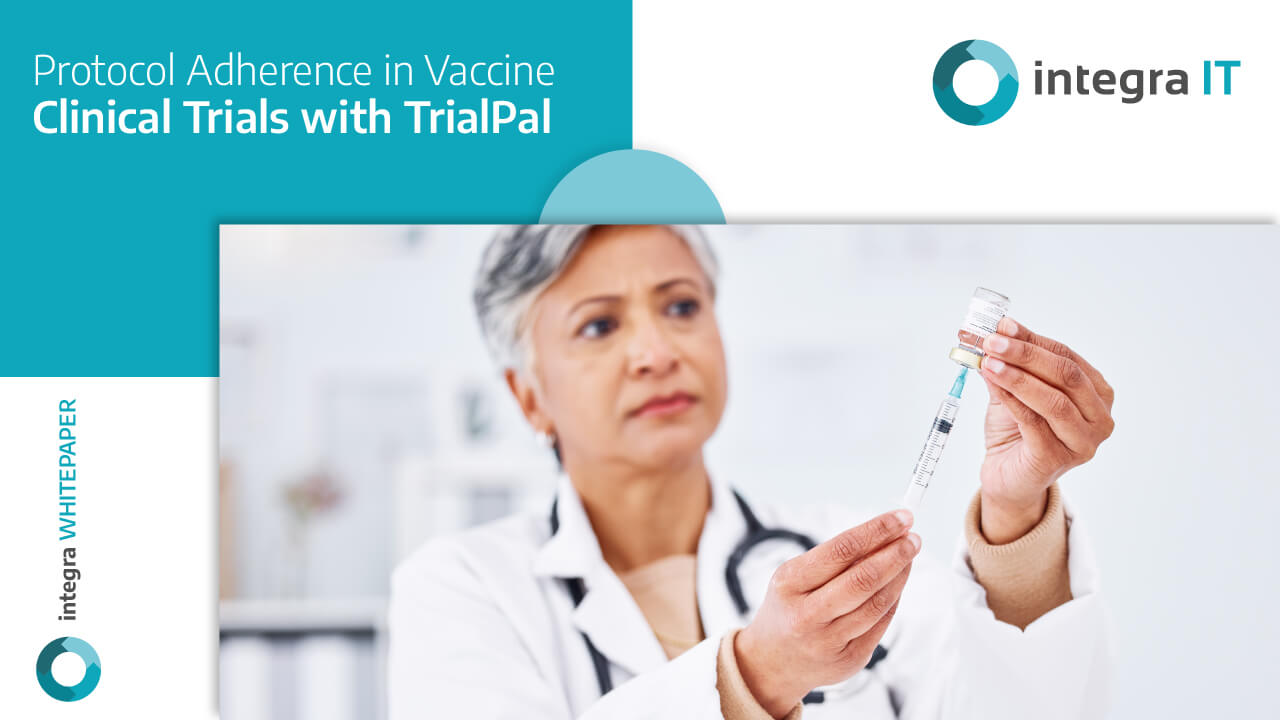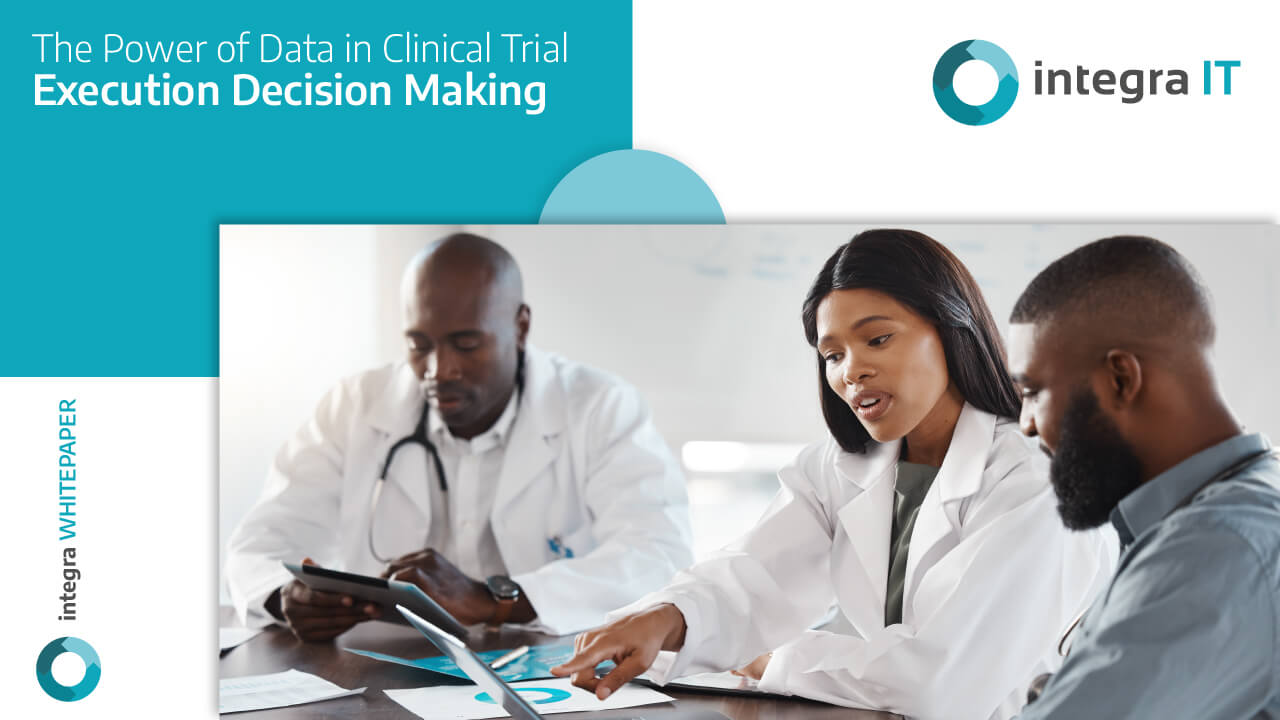Integra IT understands and has the solution to an issue commonly faced by healthcare systems and clinical trials around the world: interoperability. Seamless integration between information systems in healthcare and clinical research must solve two problems; first, technical interoperability, which means that systems can reliably transfer data between them, and second, semantic interoperability, in which the system can understand the information from other systems.
Additionally, we know data integrity compliance has become a large and crucial part of clinical trials. Since 2002, the industry FDA guidelines: General Principles of Software Validation, have been available, which state the recommendations for software development life cycle management and risk management activities. The integration between systems not only represents time-savings, resources, and overall performance; but also plays a key role in data safety and risk mitigation.
In countries like the US, the Office of the National Coordinator for Health IT outlined a 10-year plan to achieve healthcare interoperability by 2024. They stated in 2018 “interoperability is so complex, and it requires all of us to have some shared responsibility thinking through how we’re going to get there in a way that meets everyone’s needs and expectations.”
How we do it at Integra IT
- We use regression analysis and regression testing to build our tools to ensure that newly integrated modules do not adversely impact the operation of previously integrated modules.
- We do integration-level testing focused on data transfer and control across a system’s internal and external interfaces. External interfaces are those with other software, also known as communications links (2).
- We guarantee that our tools are completely validated under usability and reliability criteria, mitigating risks for all stakeholders, including patients and users. For validation matters, we use the GAMP (Good Automated Manufacturing Practices) in version 5. This guide establishes a methodology to ensure the correct implementation of computer systems in regulated sectors such as the pharmaceutical industry.
- We adopt an integrated approach.
- Follow the International Conference for Harmonization guide for Good practices for computerized systems in
regulated “GxP” environment. - Maintaining adequate backups and backup procedures.
Interoperability expertise
Learning about interoperability has led us to offer more dynamic and web-based solutions to address the IT functional concerns of CROs, sponsors, and research sites. For example, site networks usually face the challenge of managing multiple systems while they run numerous clinical trials simultaneously, depending on the preference of sponsors or CROs.
Therefore, Integra IT has made multiple integrations in record time, including integrating Integra IT systems with RAVE (Electronic Data Capture) and Viedoc in Europe (Read the RWE Study Case of Mainz University).
Historically, software systems in the life sciences field have not been as frequently standardized and interchangeable.

Schedule a Demo and learn more about our integrations:
- PAHO, 2019. Toolkit: Cápsulas de conocimiento, Interoperabilidad en salud pública. [Cited: August 26, 2022] See Article in Link
- FDA, 2002. General Principles of Software Validation; Final Guidance for Industry and FDA Staff. [Cited: August 26, 2022] See Article in Link
- Bowman D, 2014. ONC unveils 10-year plan for healthcare interoperability. Health Tech. [Cited: August 26, 2022] See Article in Link.
- Ambit, 2022. ¿Qué es GAMP 5?. [Cited: August 20, 2022] See Article in Link



